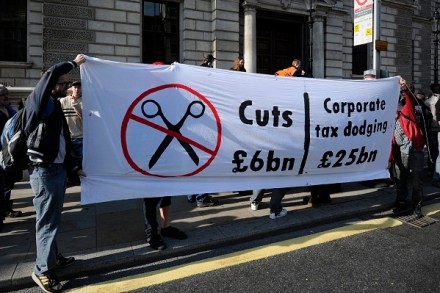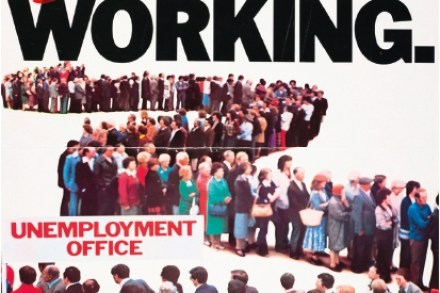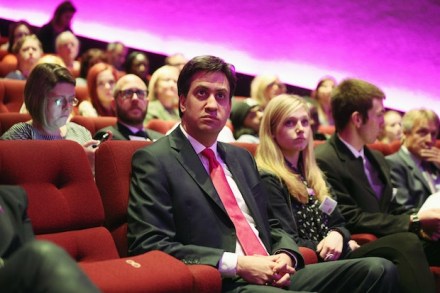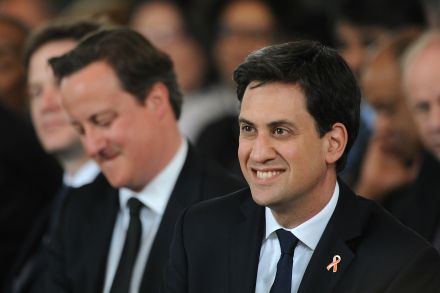An NHS stale-mate and squirms for John Bercow, in today’s PMQs
Today’s PMQs was an NHS stale-mate. David Cameron went after Labour on the NHS in Wales, demanding that Labour agree to an OECD inquiry into the NHS there, while Ed Miliband claimed ‘you can’t trust this Prime Minister on the NHS’ – a more personal attack than his usual charge that you can’t trust the Tories with the NHS. The exchanges didn’t tell us anything new. Though, it is striking – and rather baffling – how willing Miliband is to effectively turn himself into a spokesman for the Welsh government on the NHS there. Cameron’s most interesting answer came in response to a question from Peter Bone on EU immigration




















